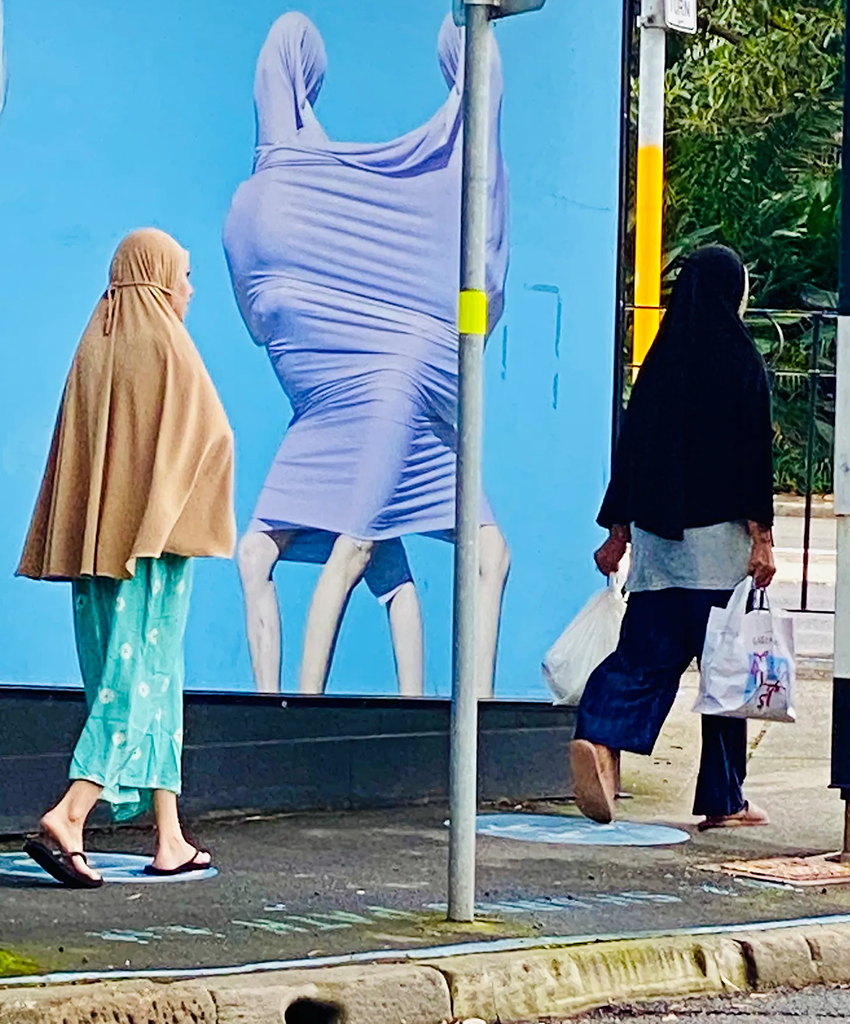It it possible to learn from and participate in different cultures without annexation?
I tend to like words. I especially like evocative words from different cultures that can’t directly be translated into English. My first encounter with such a word was “friolenta”. This is Spanish for “a person who feels the cold”. My mother used to call me that as a child regularly and I found out pretty early on that there was no equal word in English, where you need a whole sentence to describe the word. As a kid that fascinated me.
I remember when the word Hygge was all the rage a few years ago. There were many books and podcasts circulating in my little world about the topic. Hygge is a Danish word that means something like “creating a cozy feeling that makes a person feel content and comfortable”. The word was thrown about regularly, mispronounced, misspelt, adapted and packed up for Western consumption. Hygge was on the cover of self-help books bought by enthusiastic marketers, designers, lifestyle coaches and spiritual gurus. I wondered what a Danish person would say about all of this. Maybe they were fine with it; after all, this is what Western consumerism does – it takes from one place, repackages and then catapults it into the global sphere with a price-tag.
And this is what I’m thinking about today – the way we take words from the context of different cultures and use them in our own contexts. I’d add that we also do this with words in our own culture. We take a beautiful word, phrase or concept and we use it without thinking through what the deeper learning and meaning could be. For a person who loves words, I struggle with this – I wrestle with the disconnection from context and the way consumerism and marketing have made us superficial. I also get frustrated as I am tempted daily to do exactly what I hate – annex words from other contexts for my own pleasure. We live and breathe within a system in the West that is not designed to be truly sensitive and profound; rather, it is usually clumsy and superficial. At worst it is also colonising.
Aboriginal scholar Tyson Yunkaporta in Sand Talk writes:
The most remarkable thing about western civilisation is its ability to absorb any object or idea, alter it, sanitise it, rebrand it and market it. Even ideas that are a threat can be co-opted and put to work. The Romans did it with Christianity – an ideology of the poor and enslaved that threatened the foundations of empire … it’s just power doing what power does.
Because of this, he writes:
I am careful about the Indigenous Knowledge I choose to present in this book, because I know the way ideas can get tangled up and twisted in the marketplace of this civilisation, embraced and repackaged and marketed in forms that are often the opposite of the original concept or intent.
Yunkaporta is ambivalent about sharing knowledge, because on the one hand he does want people to learn about Indigenous knowledge, yet on the other hand he warily says that “perhaps the worst possible outcome of this work would be civilisation embracing these ideas.”

It makes me sad that we live in a culture of consumption that does this – taking “exotic” words for mass absorption without attention to context, culture and peoples. How much more would we learn and how much better humans would we become if we listened, paid attention and engaged with the people and culture of those words before we felt entitled to use them? There are ways we can do this but it means doing things differently – it means slowing down, valuing relationships, assessing the powers at play and humbly allowing the “other” to lead us.
As a person who tends to love evocative words, I wonder if we will ever get there.
I hope so.
Rev. Dr Karina Kreminski, Mission Catalyst – Formation and Fresh Expressions, Uniting Mission and Education. Karina also blogs, this article is reprinted with permission from This Wild and Precious Life.













